Search the Special Collections and Archives Portal
Search Results

Harrah's marquee sign, Reno, Nevada
Date
Archival Collection
Description
View of the marquee sign for Harrah's Hotel and Casino in Reno. The business was closed in early 2020.
219 North Center Street, Reno, Nevada, 89501
Image
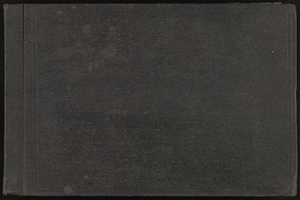
Album 11: the Park families, the Garden of the Gods and Royal Gorge, Colorado, the First State Bank of Nevada, Montalbon, Mexico, and trucks at the ice plant in Las Vegas, Nevada, photographic prints
Date
Archival Collection
Description
Image
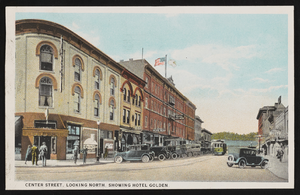
Center Street in Reno, Nevada: postcard
Date
Archival Collection
Description
Image
League of Women Voters of Las Vegas Valley, Nevada Records
Identifier
Abstract
The League of Women Voters of Las Vegas Valley, Nevada (LWVLVV) Records (1957-2021) contain meeting minutes, financial reports, correspondence, audiovisual material, photographs, and newsletters. Also included are materials on political issues, school integration, and environmental pollution issues in Southern Nevada.
Archival Collection
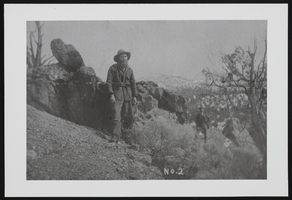
G. Frank Judson and an unidentified person in the foothills of the Palmetto Mountain Range, Nevada: photographic print
Date
Archival Collection
Description
Image
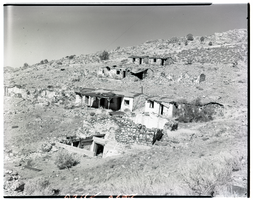
Film transparency of a ghost town, Delamar, Nevada, 1956
Date
Archival Collection
Description
Image
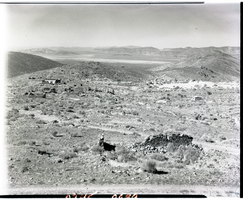
Film transparency of a ghost town, Delamar, Nevada, 1956
Date
Archival Collection
Description
Image
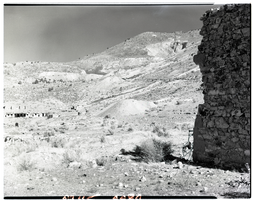
Film transparency of a ghost town, Delamar, Nevada, 1956
Date
Archival Collection
Description
Image
Holman's of Nevada Inc: Space Planning of Holman's of Nevada Inc., 1989 December 12
Level of Description
Scope and Contents
This set includes: programmatic bubble diagramming, redlining, floor plans, preliminary sketches, site plans and land surveys.
This set includes drawings for Holman's of Nevada Inc (client) by Elam Surveying Service (engineer).
Archival Collection
Collection Name: Gary Guy Wilson Architectural Drawings
Box/Folder: Roll 227
Archival Component
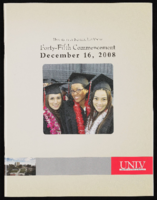
University of Nevada, Las Vegas (UNLV) 45th commencement program
Date
Archival Collection
Description
Commencement program from University of Nevada, Las Vegas Commencement Programs and Graduation Lists (UA-00115).
Text
